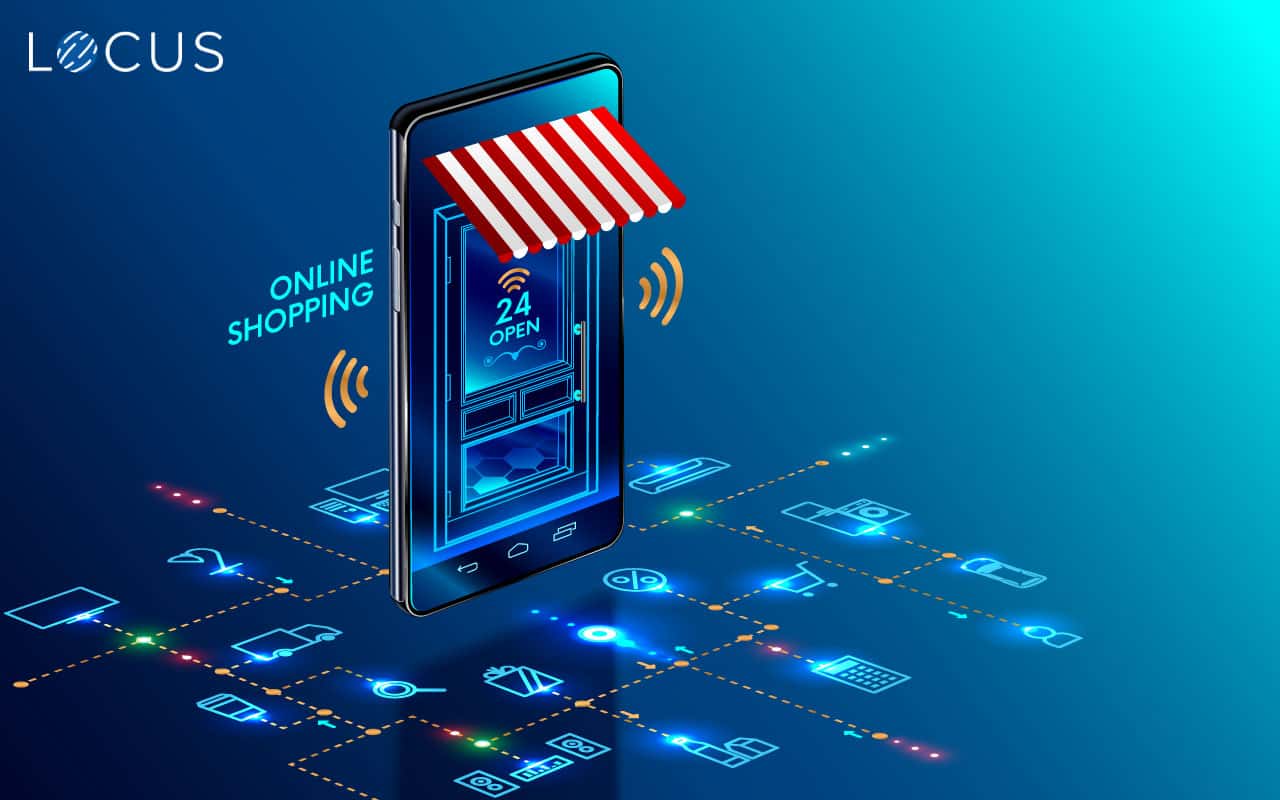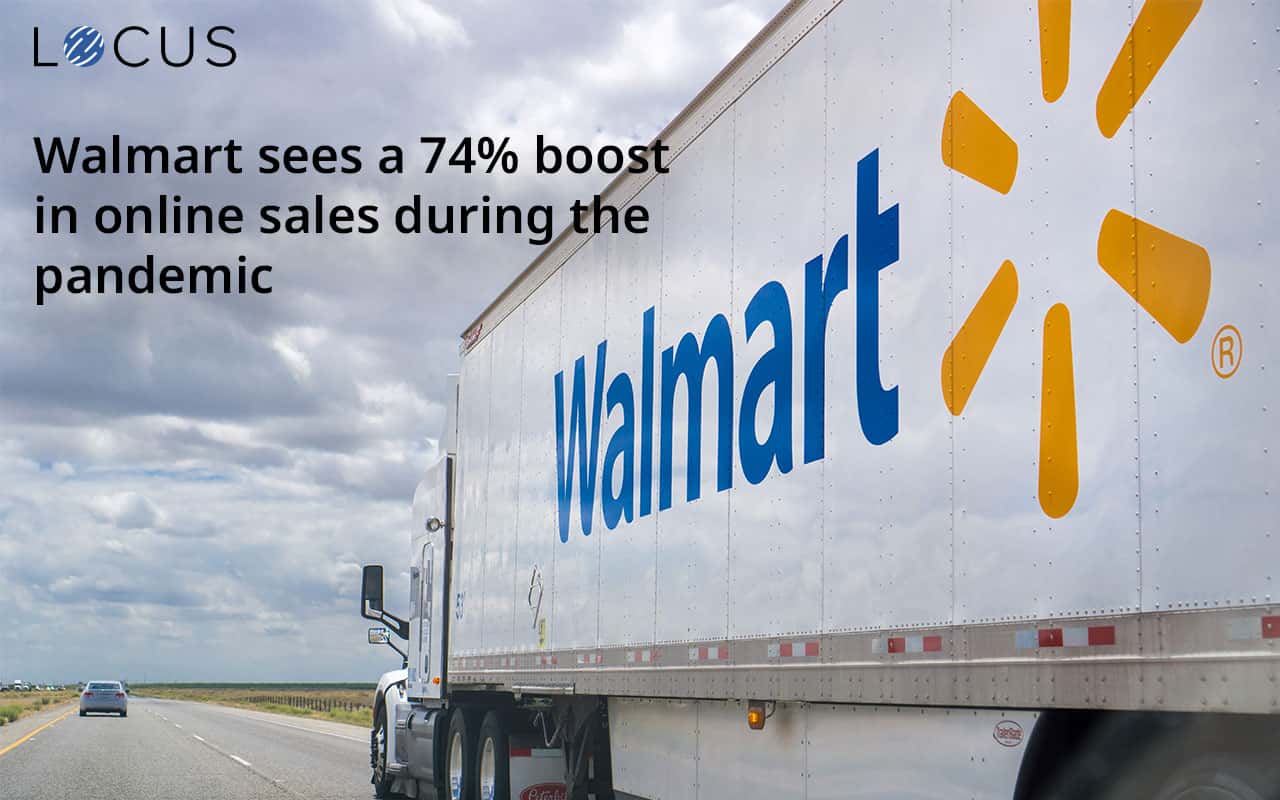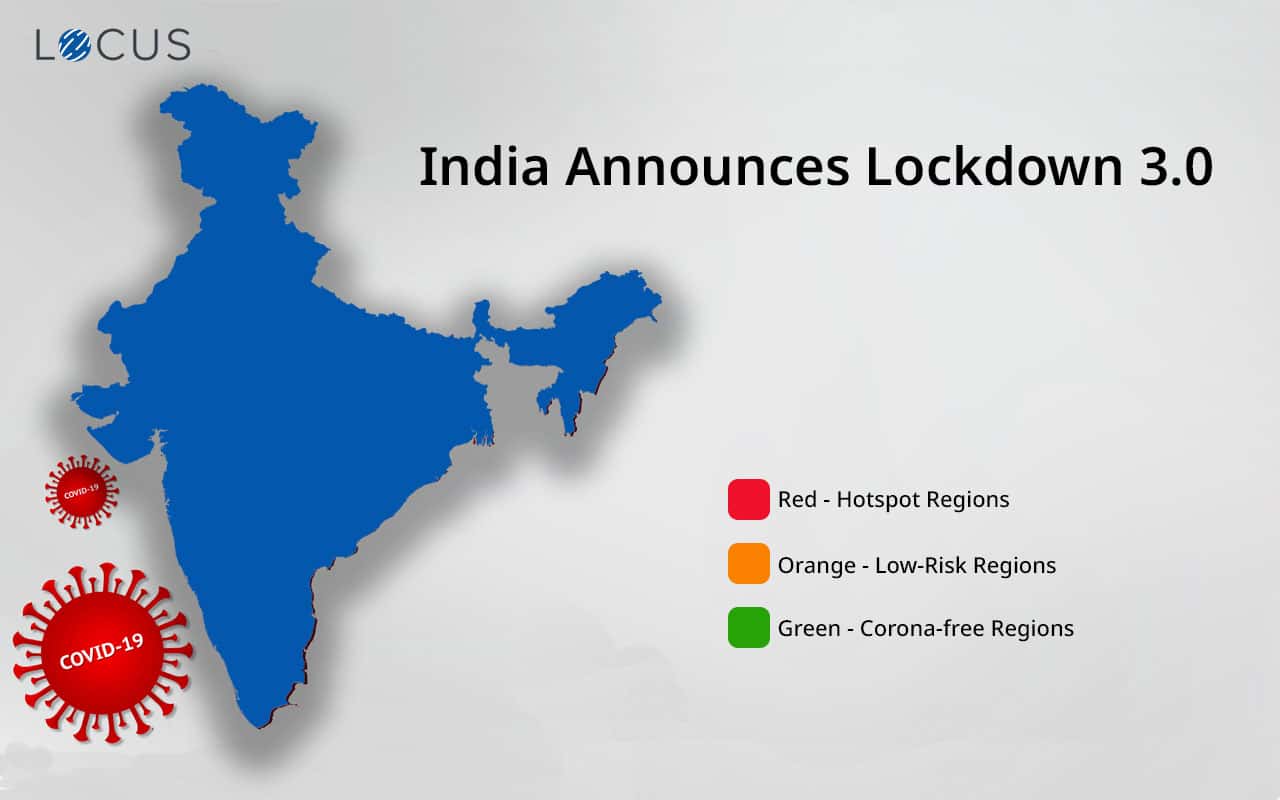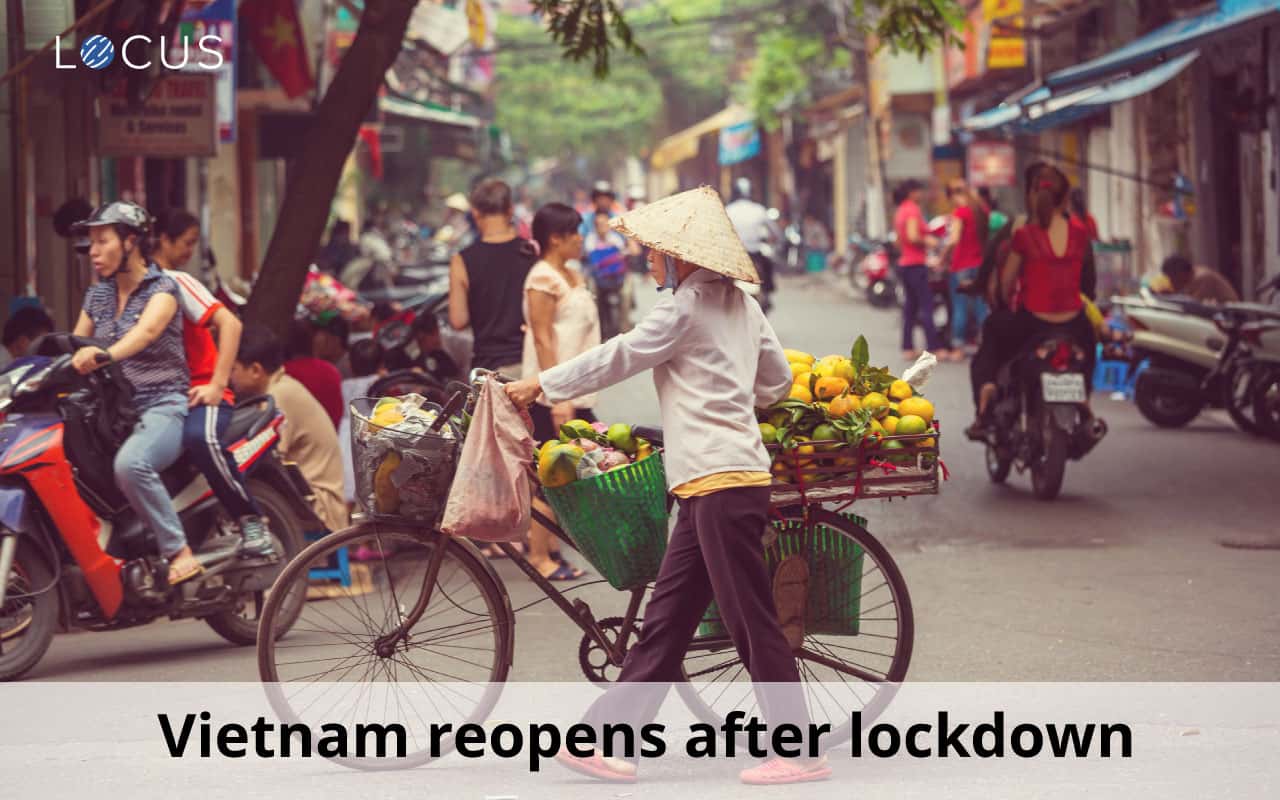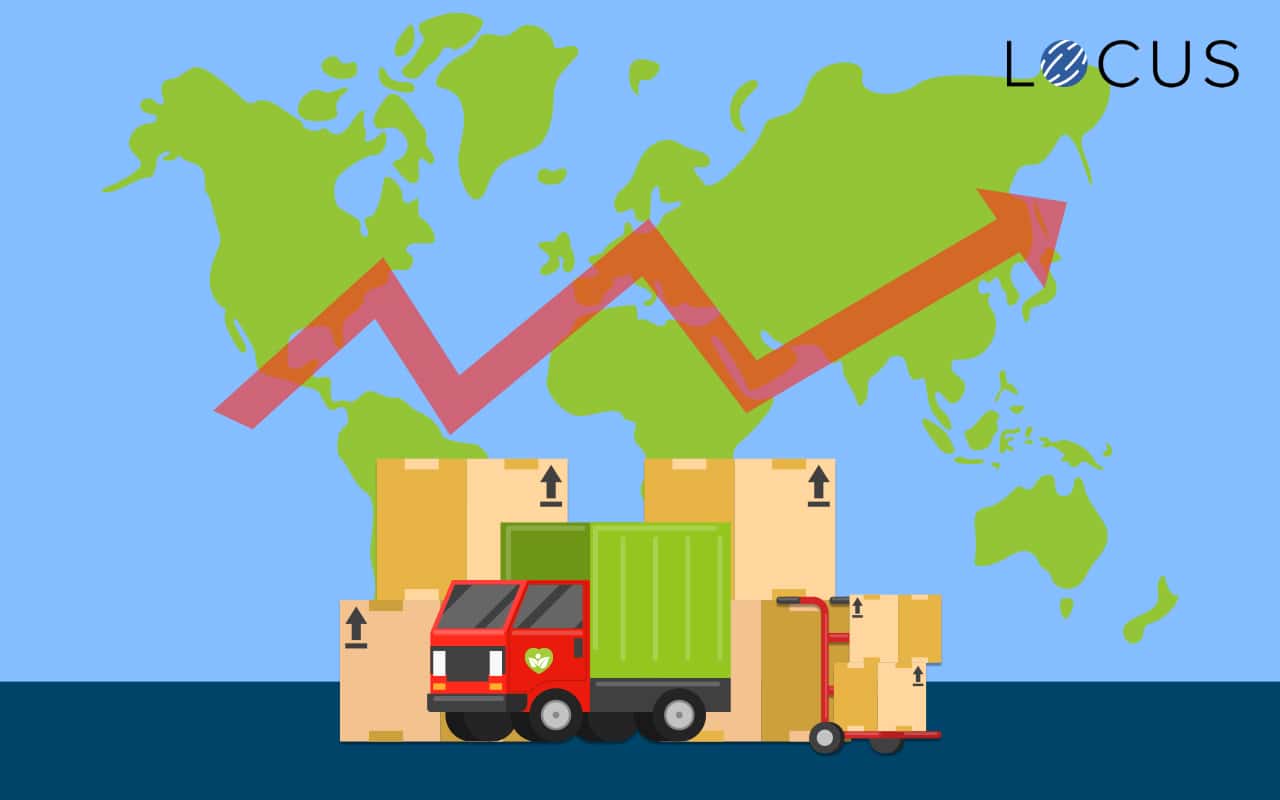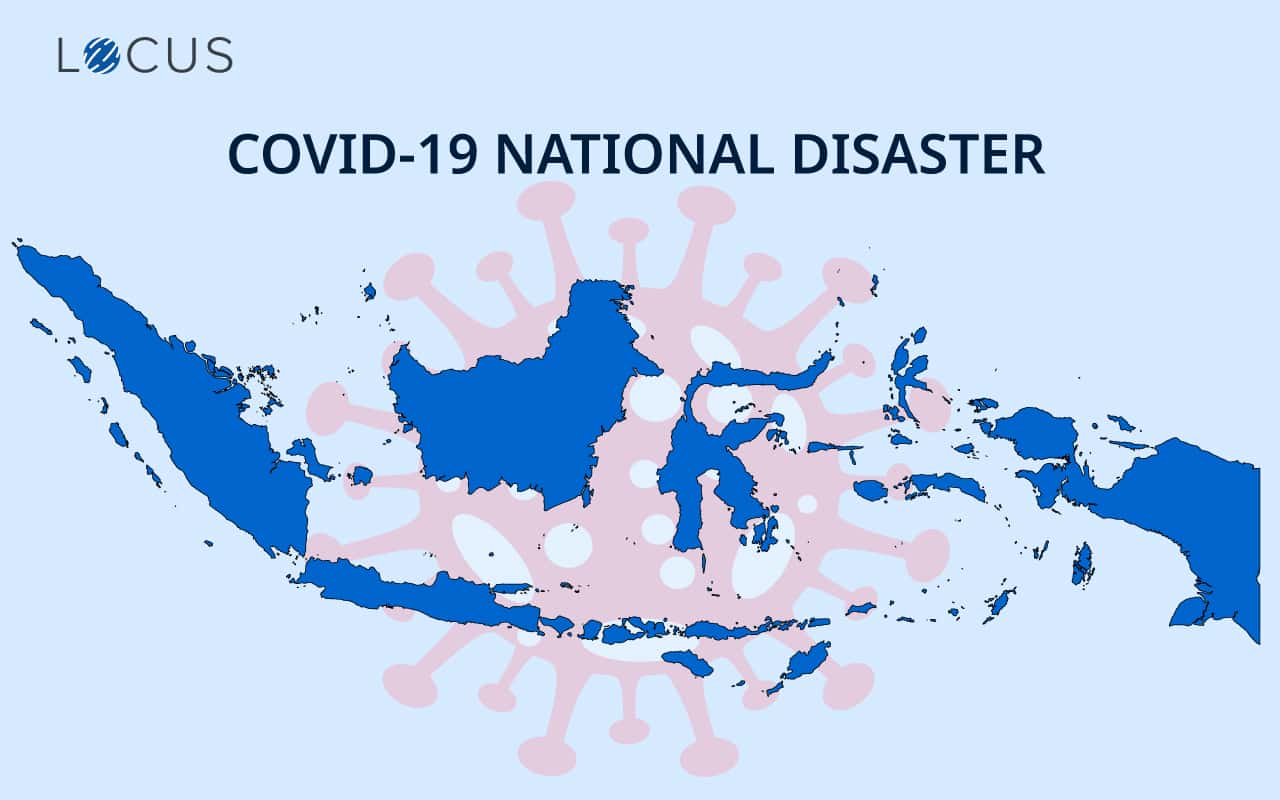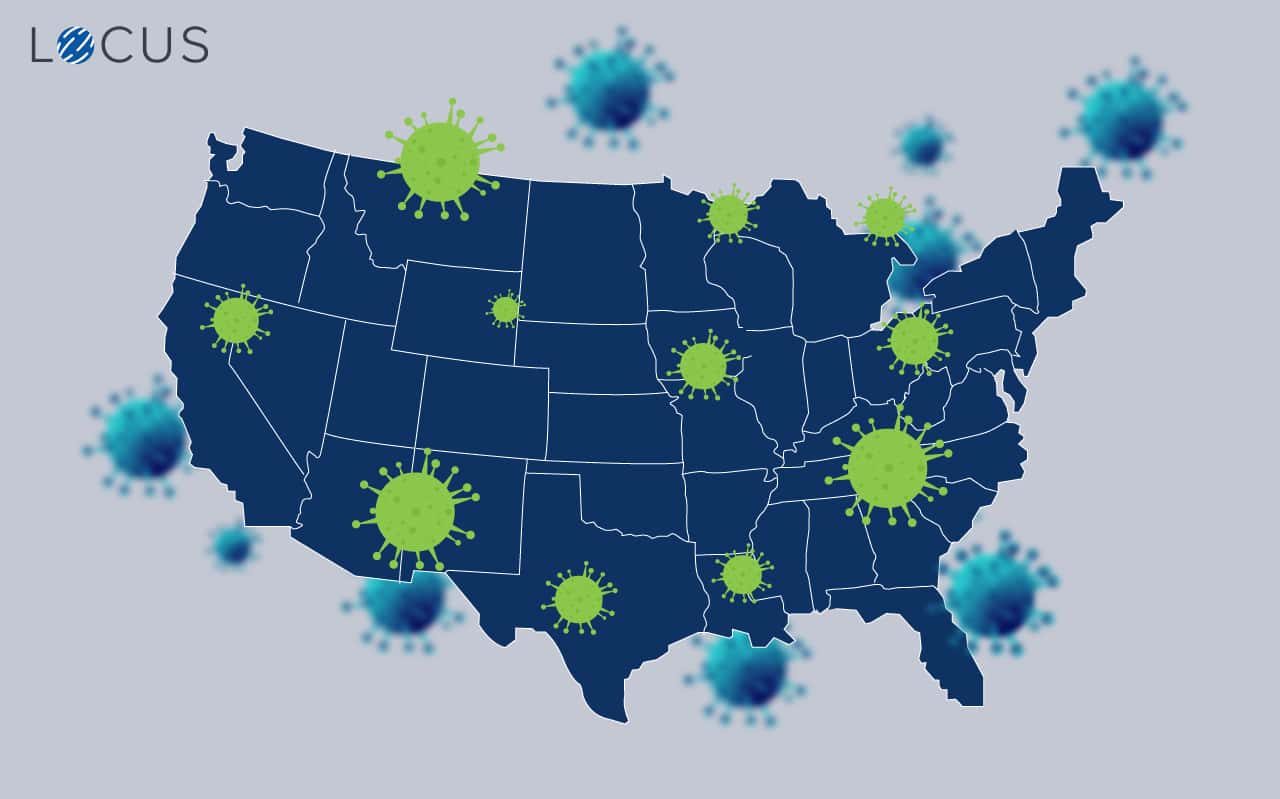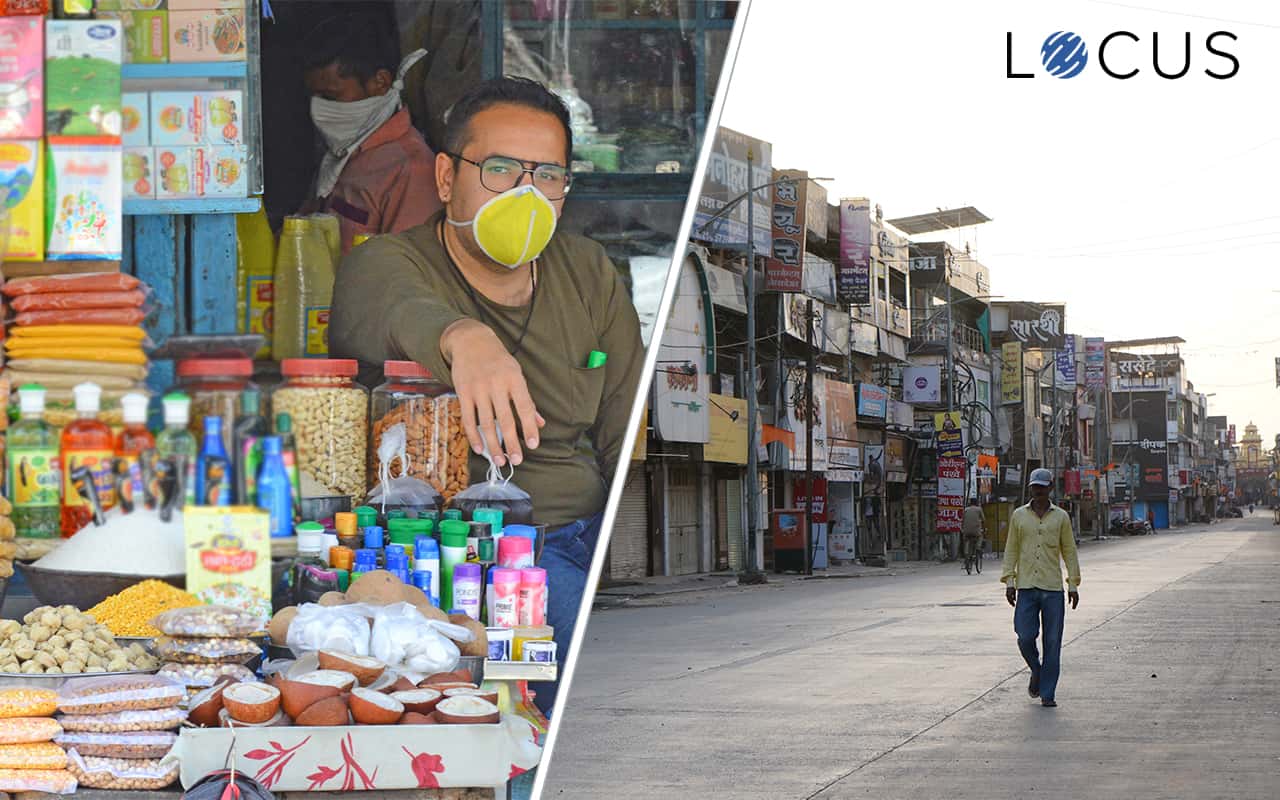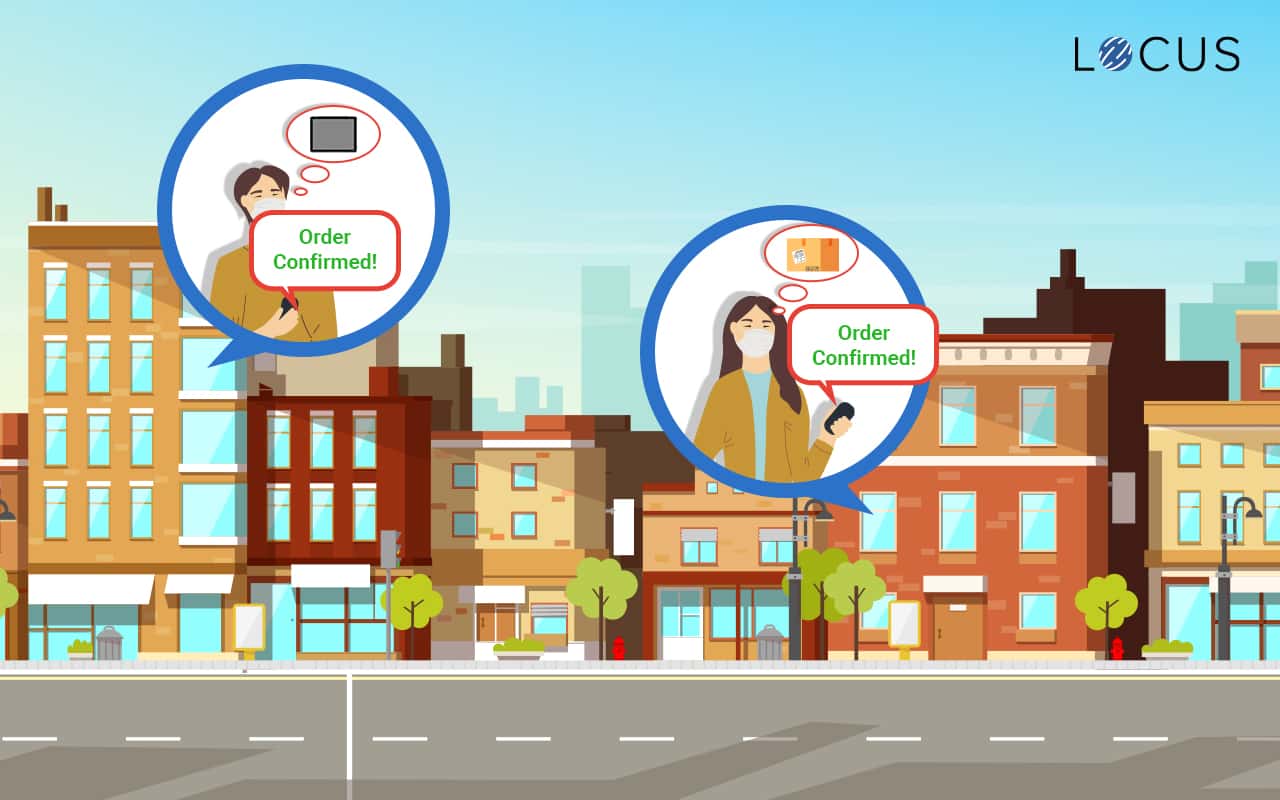A recent eMarketer report titled ‘Concerns May Boost Ecommerce as Consumers Avoid Stores’, which quoted a Coresight Research survey, said, “Shopping centers/malls were expected to be the most-avoided places, but more than half of respondents said they would also avoid shops in general.”
This sentiment is leading people to furiously click their mouse buttons to land on E-commerce sites and shop. Why go out, when you can things delivered at your doorstep? And E-tailers and e-grocers have been quick to latch on to this.
Internet behemoth Amazon is blocking all shipments of nonessential products to its warehouse as it is seeing a significant increase in essentials orders due to the spread of the coronavirus, according to a Business Insider report.
The report said, “Amazon said in an email to sellers that it was now prioritizing shipment in the following six categories: baby product; health and household (including personal-care appliances); beauty and personal care; grocery; industrial and scientific; pet supplies.”
If Amazon is riding on the wave to make sure it has all the essentials stocked up, things are no different in India. According to a news report on CNBC TV18, “E-tailing platforms have seen a 15-20 percent spike in gross merchandise value (GMV) in the first 15 days of March compared to February, and a massive 50 percent growth in GMV in categories such as grocery, health and wellness, according to internet-focussed consulting firm Redseer.”
All this frenzied activity means that a huge strain is being put on the E-commerce firms’ supply chain thereby resulting in shipment delays, technical problems, and also labor shortages.
In a recent official blog post, Amazon has said that it is opening 100,000 new full and part-time positions across the U.S. in its fulfillment centers and delivery network to meet the surge in demand.
Amazon will also be paying an additional $2 USD per hour through April. This is on top of its present $15/hour. It is also adding C$2 in Canada, £2 per hour in the UK, and approximately €2 per hour in many EU countries. This move takes its investment to over $350 million in increased compensation for hourly employees across the U.S., Europe, and Canada.
An Amazon India blog also recently highlighted the increasing footfalls it is getting on its site, thanks to Covid-19. “As COVID-19 has spread, we've recently seen an increase in people shopping online. In the short term, this is having an impact on how we serve our customers. In particular, you will notice that we are currently out of stock on some popular brands and items, especially in household staples categories. You will also notice that some of our delivery promises are longer than usual. We are working around the clock with our selling partners to ensure availability on all of our products, and bring on additional capacity to deliver all of your orders.”
The CNBC TV18 report also added, “The spike in demand has led to staffing firms such as TeamLease getting increasing requests from ecommerce companies to provide manpower.”
Logistics has now become more important than ever for E-commerce firms. In these testing times, logistics can make or break customer satisfaction.
With increased demand, these firms will have to use the right technology to enable same-day and slot-based delivery for important essentials. The right tech platform can help in seamless route planning and optimization. It can also help with an optimal fleet mix to match the increased demand, while keeping in mind traffic, route restrictions, etc. One can also intelligently club orders based on properties such as preferred delivery time slots, priority orders, location preference, and order specifications. More importantly, it is now crucial to keep a close track on data so as to glean insights and quickly make changes, if necessary.
This is indeed the time for both E-commerce and logistics firms to step up and be counted during these uncertain times.
Locus helps you deliver a delightful all-mile customer experience by helping achieve on-time deliveries for your customers and better SLA adherence. You can also reduce overhead costs and increase delivery efficiency with automated shipment sorting and optimized route planning. Try it now!

